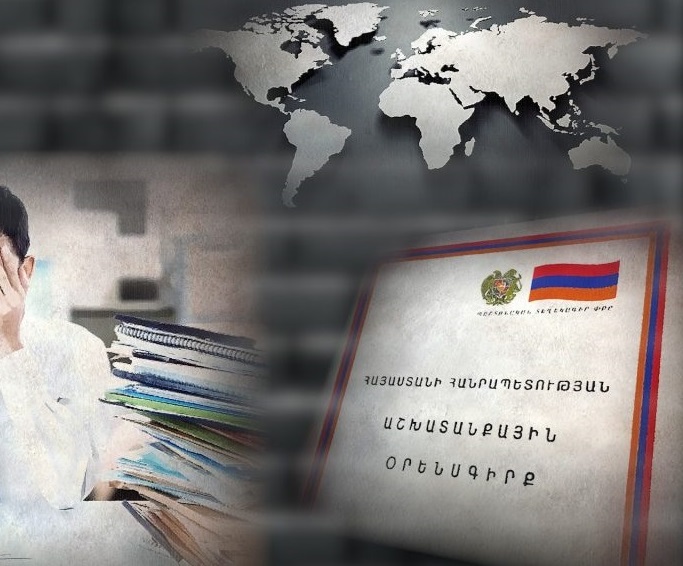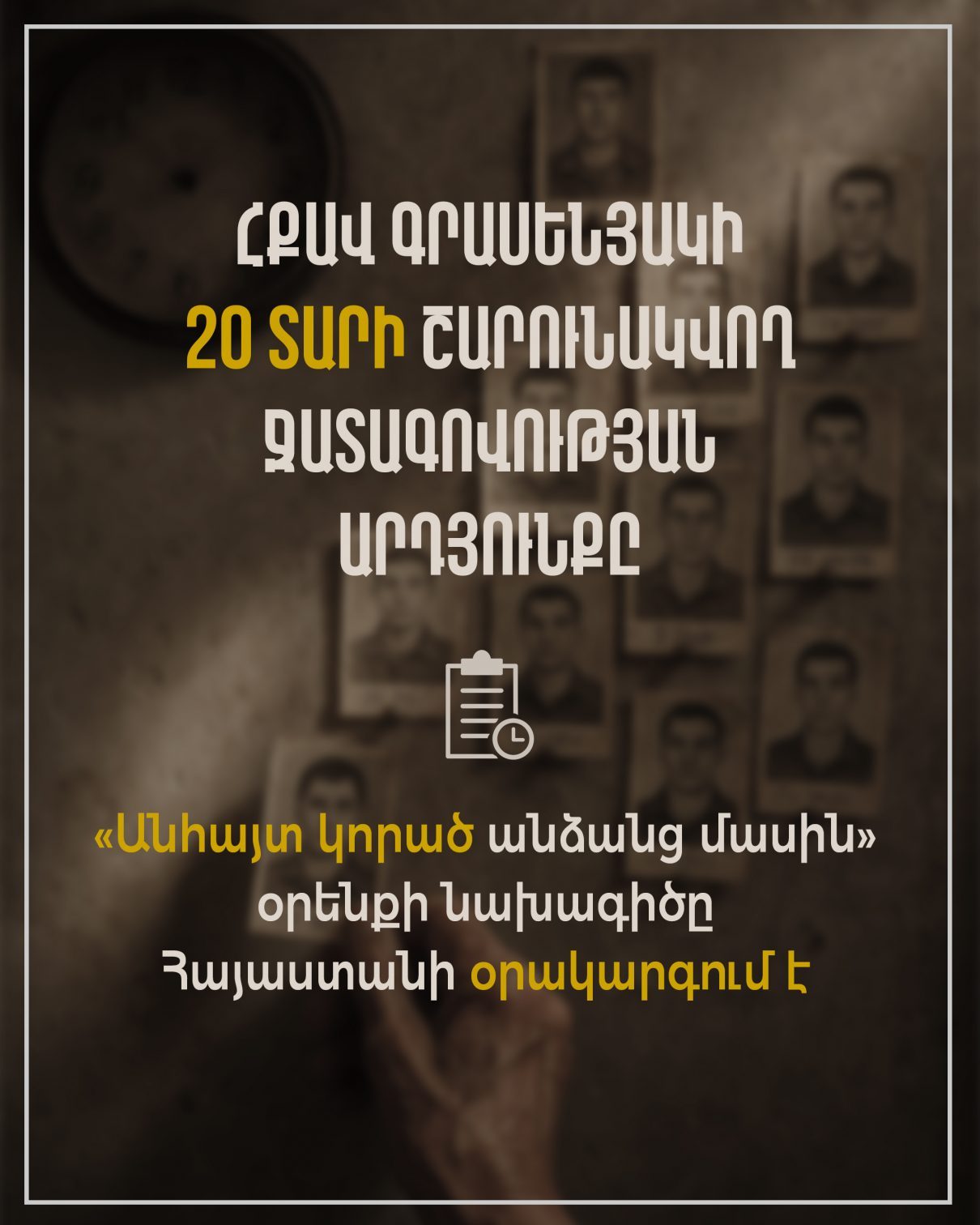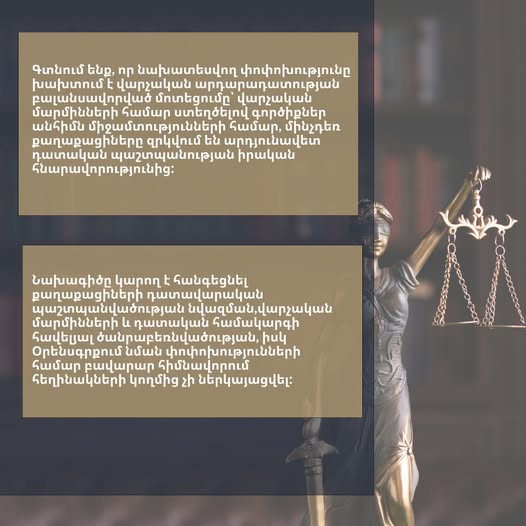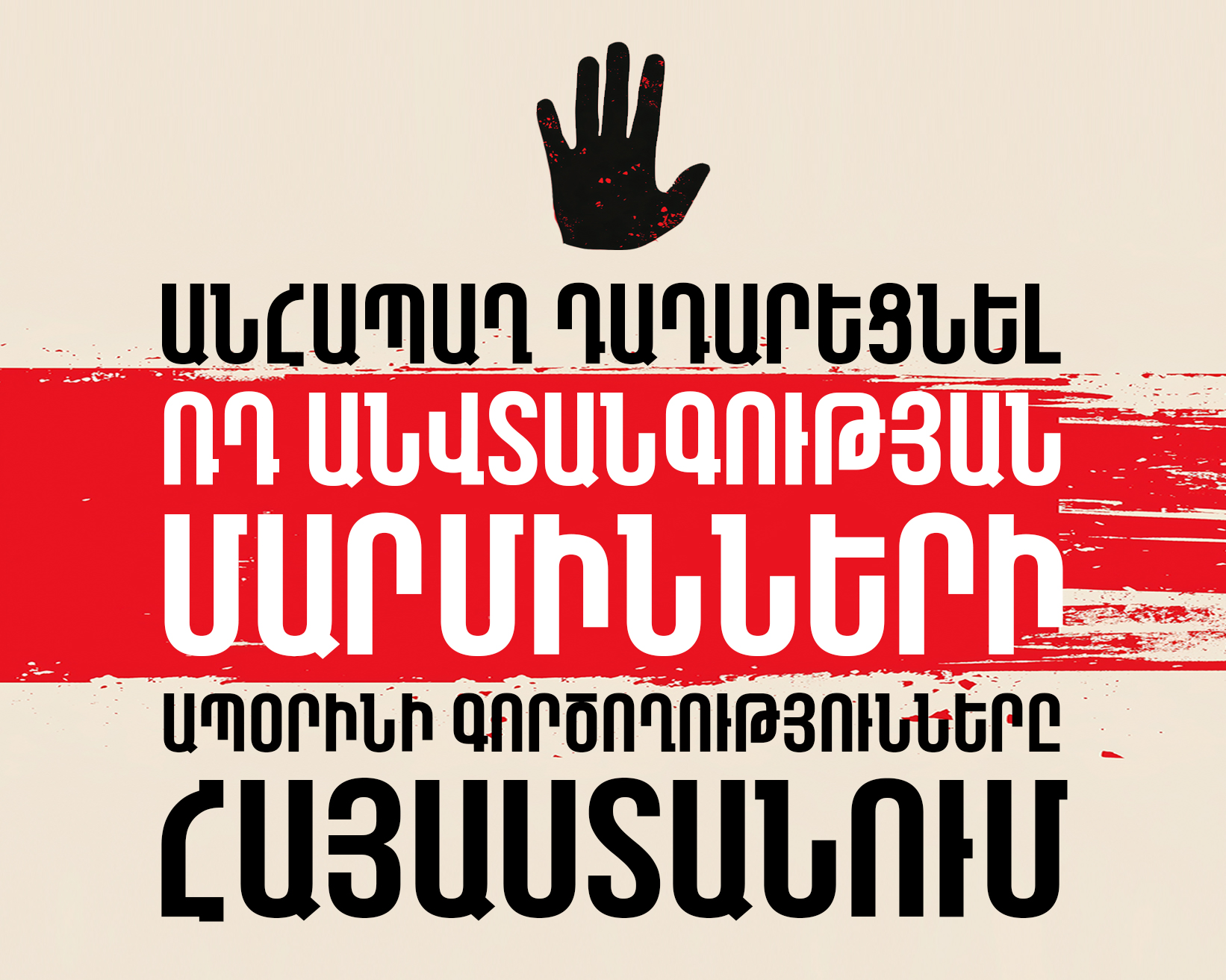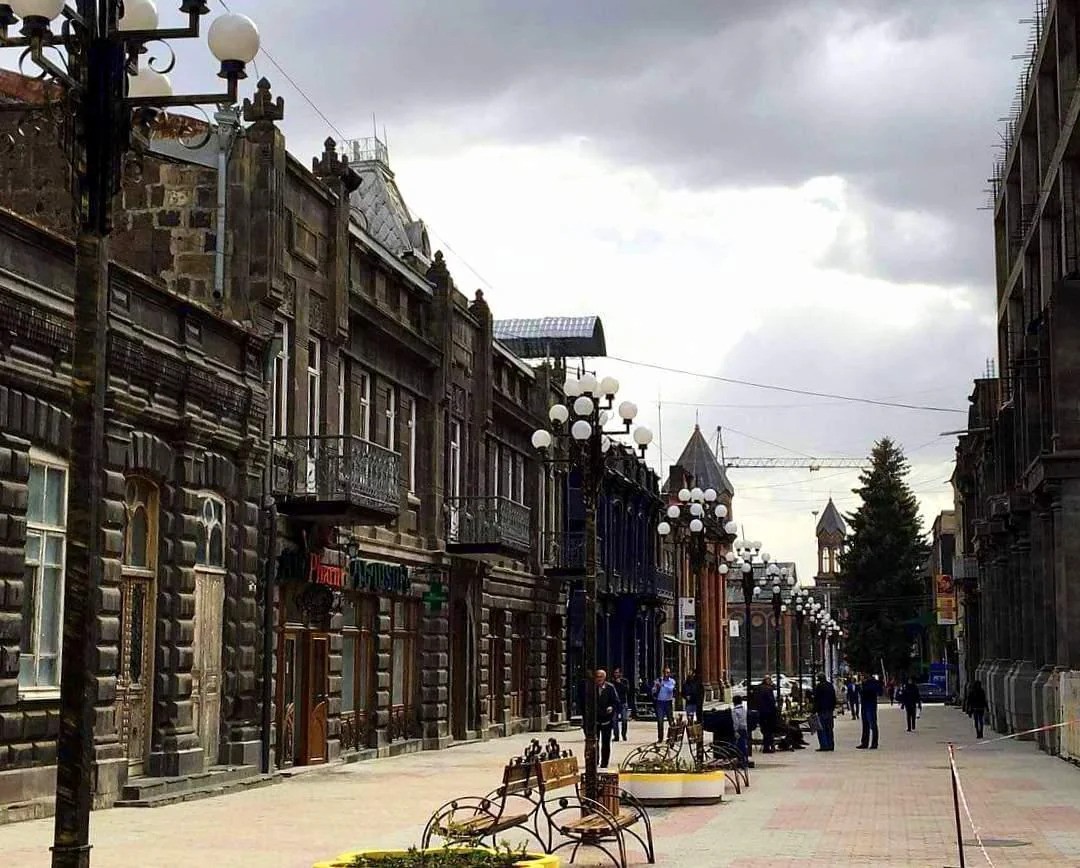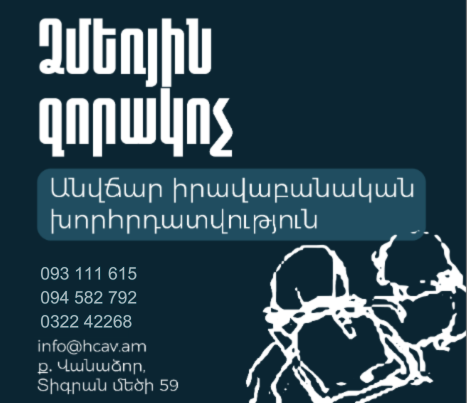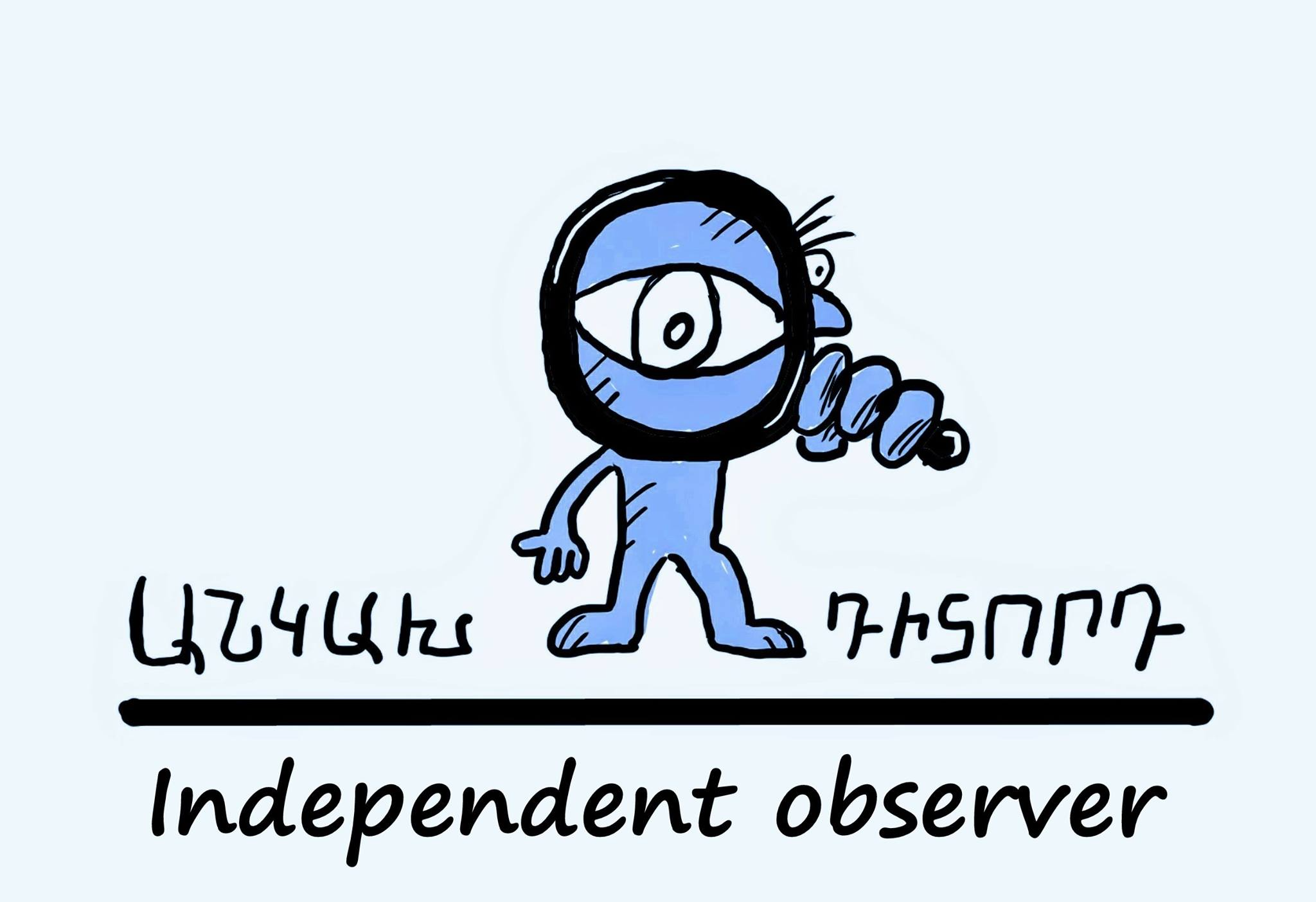




Law on Foreign Agents in Georgia is an attack against civil society
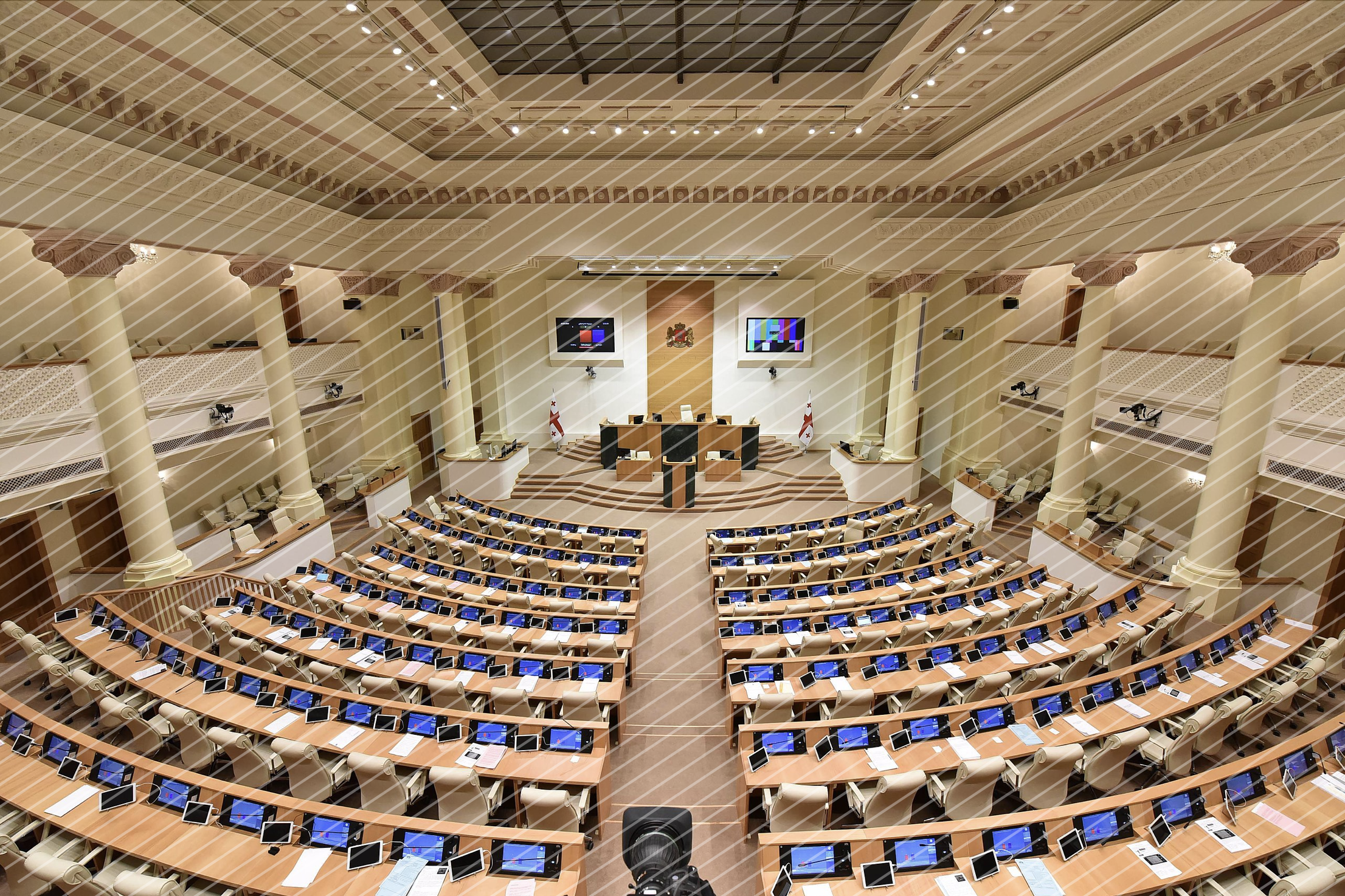
Activities | Joint | Announcements | Publications | Press Releases | News
The European Platform for Democratic Elections (EPDE) voices its severe concern over the draft bill “On Transparency of Foreign Influence” in Georgia. The stigmatization of non-governmental organizations as "foreign agents" marks the next stage in the Georgian parliamentary majority's fight against civil society. The draft law is based on the Russian example, where a similar law was introduced a decade earlier and led to the de facto liquidation of NGOs involved in monitoring political and social processes and, first and foremost, monitoring elections.
On 14 February 2023, representatives of the so called “People’s Power” announced a draft bill “On Transparency of Foreign Influence”. “People’s Power”, an informal group, was established as recently as August 2022 when some MPs formally left the ruling party “Georgian Dream – Democratic Georgia” but remained in the parliamentary majority. Since its formation, “People’s Power” promoted conspiracy theories of the West trying to drag Georgia into the Russian war in Ukraine and represents EU-sceptic positions.
What does the bill foresee?
According to the bill, civic sector entities and media outlets that receive more than 20% of their annual revenues from a "foreign power," (both foreign states and international organizations) either through direct funding or in-kind benefits, would have to register as agents of foreign influence and file annual financial declarations. The law applies to all non-commercial legal entities, broadcasters, legal entities that (partially) own print media or that own or use Internet domains to disseminate information in the Georgian language. Exceptions apply to blood banks, the National Sports Association of Georgia, and commercial advertising.
The draft law also provides that the Ministry of Justice can initiate an audit of an organization on its own initiative or when they have been tipped of individuals, including those given anonymously. In case an organization refuses to register as “foreign agent”, the state will be authorized to force such a registration.
The draft law requires “foreign agents” to submit annual financial declarations disclosing sources, amounts and the purpose of any funds and in-kind benefits as well as wide range of personal data.
Failure to register or file financial statements by the established deadline may result in a fine of approximately €9,000. Failure to file financial statements after forced registration by the Ministry of Justice will result in an additional fine of approximately €3,500. Persistent refusal to register and file reports will be sanctioned with a fine of approximately €7,000 per month. These fines are disproportionately high in the Georgian legal system.
What does this mean for civil society organizations?
According to Georgian NGOs and international monitoring organizations, the law will severely restrict freedom of expression and the right to assembly. It will further limit the space for civic engagement, stigmatize civil society organizations, promote polarization, and reduce transparency in public life.
Georgian EPDE member International Society for Fair Elections and Democracy (ISFED) issued an open statement with more than 350 CSOs objecting to the bill which would put Georgia on a path of alienation from Europe and Western partners. Read the full statement "Russian Law is not the will of Georgia" here.
The law has recently been criticized by both the Georgian Public Defender's Office and the president as incompatible with international norms and standards. PACE rapporteurs have also called on Georgia's political parties not to adopt the law.
Russia's law on foreign agents sets a concerning precedent in the region
The draft law resembles the Russian law on foreign agents, which was introduced in 2012 to create a “legal” framework to crack down on CSOs and independent media. One of the first organizations labeled a “foreign agent” was the Association Golos, the most prominent election monitoring organization in Russia. Over the past 10 years, Russia's "foreign agents" law has undergone many modifications to silence criticism of permanent and large-scale election fraud. It is now one of the main instruments for the consistent destruction of independent NGOs and repression of active citizens. In 2022, the European Court of Human Rights (ECHR) characterized the Russian law on foreign agents as violating the human rights convention.
The introduction into Georgian law of the equivalent of Russia's law on "foreign agents" is a precedent that, within a few years, could lead to the liquidation of critical civil society organizations, above all those that protect the transparency of electoral processes. At the same time, this law will make it possible to strengthen parallel structures of civil society in Georgia that, in the case of elections, imitate independent citizen election observation. This is also what occurred in Russia. These parallel structures are being developed to exert influence over the conduct of elections under the control of the state or political parties. Such malign practices of dubious election monitors who penetrate democratic reforms already exist in Georgia and discredit genuine election observation.
The European Platform for Democratic Elections recalls that the UN Declaration on Human Rights Defenders gives civil society organizations the right to apply for, receive, and use resources to protect human rights, including receiving funds from abroad. EPDE also recalls that UN rapporteurs explicitly confirmed that citizen election observers are also human rights defenders.
Therefore, the EPDE calls on the European institutions to take the precedent-setting, oppressive legislation against civil society organizations into account when evaluating progress in implementing the 12 priorities identified by the European Commission in the process of granting Georgia a candidate status for the European Union.
EPDE stresses that the EU should become even more involved in supporting citizen election observers in countries aspiring to membership. Such support should have a tangible financial status, which would eliminate the possibility of introducing harmful legal regulations for monitoring organizations in those countries aspiring to membership in the Union.



